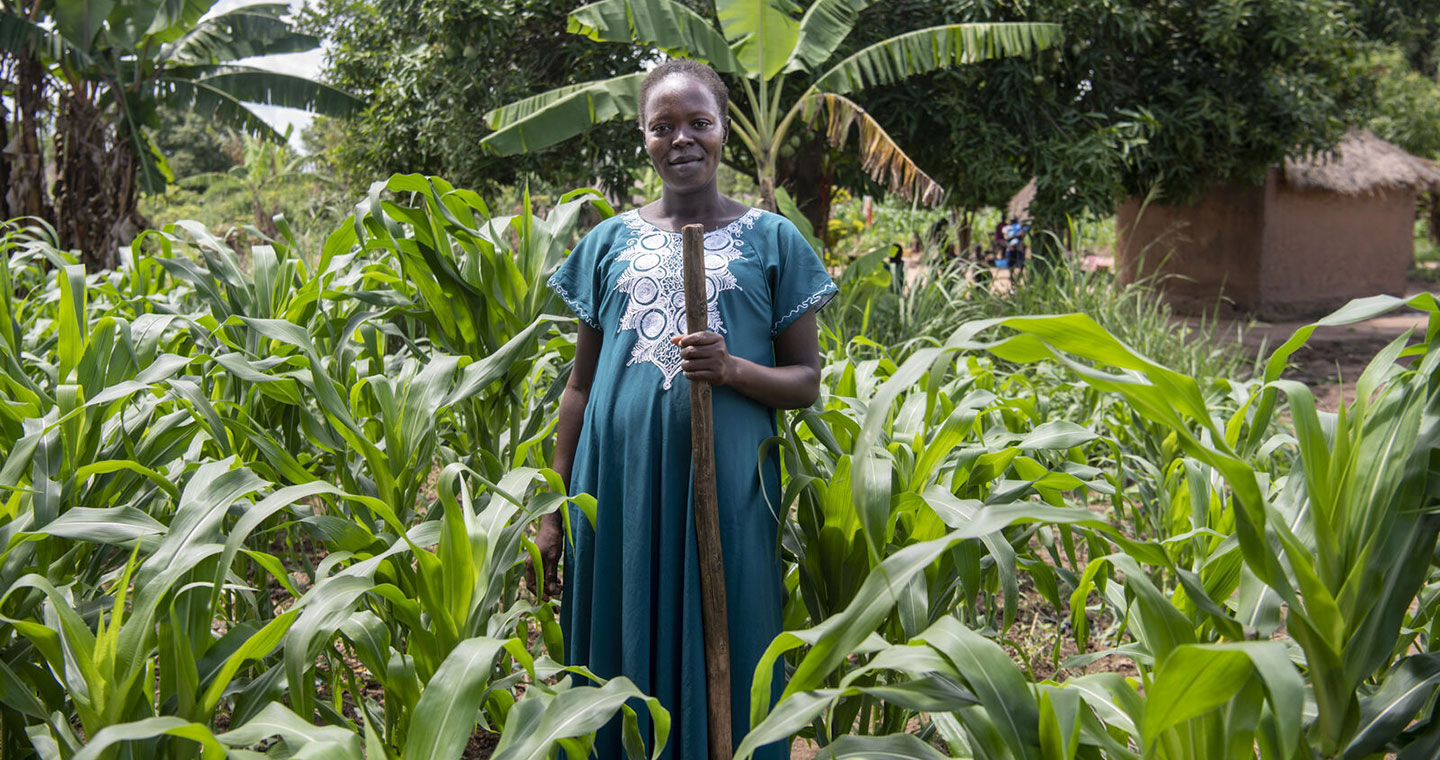

Where

Funded By

When
Improve the health and lives of mothers and children under 5 by supporting economic prosperity.
Women and children in South Sudan live in challenging circumstances. Here, children under the age of 5 die at some of the highest rates in the world. With clean water and handwashing facilities scarce, people struggle to stay healthy. When they do get sick, healthcare is often not available. And with education levels low and opportunities few, women have difficulty supporting their families economically and raising healthy, educated children.
To address these challenges, CMMB South Sudan introduced CHAMPS, our signature Children and Mothers Partnerships Program—connecting women and children in Western Equatoria State with health and development initiatives that save lives and build community resilience. It includes complementary work to support maternal, child, and newborn health; water, sanitation, and hygiene; health system strengthening; and economic opportunities.
Economic opportunity
Many families lack the economic resources they need to afford the costs of healthcare or send their children to school. Many face severe food insecurity, reducing their chance of a healthy future. Through CHAMPS, we are helping women overcome these obstacles and turn dreams into reality.
To sustainably support as many women as possible, our economic opportunity initiatives include village savings and lending associations (VSLAs), sometimes referred to as Mothers Clubs, and expansion of locally relevant income-generating activities. VSLAs focus on teaching participants to save by using their own resources. As the VSLA model is built on trust, money is loaned to group members based on their collective savings. Members create rules, and mutual trust ensures the membership body will follow them together as they participate in cycles of saving and lending.
Each community is examined individually to promote, improve, and expand locally relevant income-generating activities. Based on community needs and location, programs may include vegetable gardening, animal husbandry, and small trade.